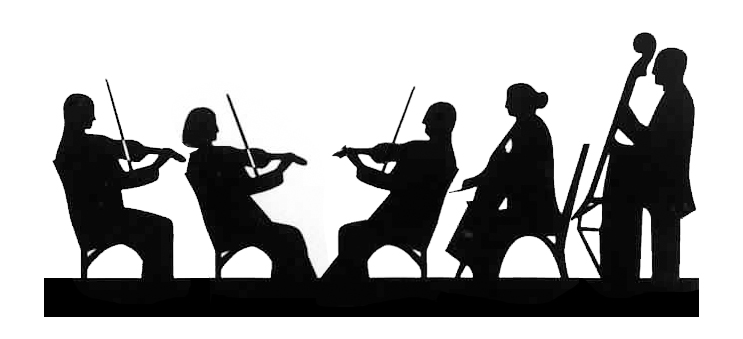

A rose, by any other name, is still a rose. But it is not that simple in the world of the classical orchestra—or is it symphony, or philharmonic?
Names for large musical ensembles are often redundant. Take for example, the Detroit Symphony Orchestra. Which one is it, a symphony, or an orchestra? San Francisco tries to simplify matters by calling theirs the San Francisco Symphony. While Louisville is simply the Louisville Orchestra, New York and Los Angeles have "Philharmonic's." Sacramento once had a “Sacramento Symphony Orchestra” but was succeeded by the “Sacramento Philharmonic Orchestra.”
Names can clarify the types of ensembles. It's a rather sure bet that the "Classical Symphony Orchestra" of Chicago does not regularly perform rap, jazz, rock, or country music. Words like "philharmonic" or "chamber" reflect the same eras and genres of music as "symphony" and "orchestra."
"Symphony" by itself refers to a classical music form and structure, such as Beethoven's "Symphony Number 5." By Beethoven's time, ensembles that performed symphonies were well defined by instrumentation, i.e., lots of violins and other strings, woodwinds, brass, and some percussion. Groups that regularly perform such large-scale works are often referred to as "symphony" orchestras. There are also chamber orchestras that specialize in music calling for fewer numbers of musicians and types of instruments.
A title of "symphony" orchestra connotes grandeur of size and power, while "philharmonic," meaning "loving harmony," refers to the classical genre by style, although in practice there is no practical difference. These terms differentiate the classical from popular music orchestras, such as applied to the small ensembles that often accompany late night comedy/talk shows.
And then there are “pops” orchestras. Two great examples of this are the famous “Cincinnati Pops” and the “Boston Pops,” the latter of which is a subsidiary of the “Boston Symphony Orchestra.” The “Pops” specialize in the lighter and less complicated classical repertoire, as well as arrangements of popular music for the orchestral venue. When famed music composer John Williams was the music director and conductor, much music derived from movie soundtracks was performed—as you can imagine.
There are ensembles with names like The (fill in the city) Philharmonic Symphony Orchestra. Still confused? Don't be, it's all great music, and intended to be heard. After all, what is in a name?
the Music Master
